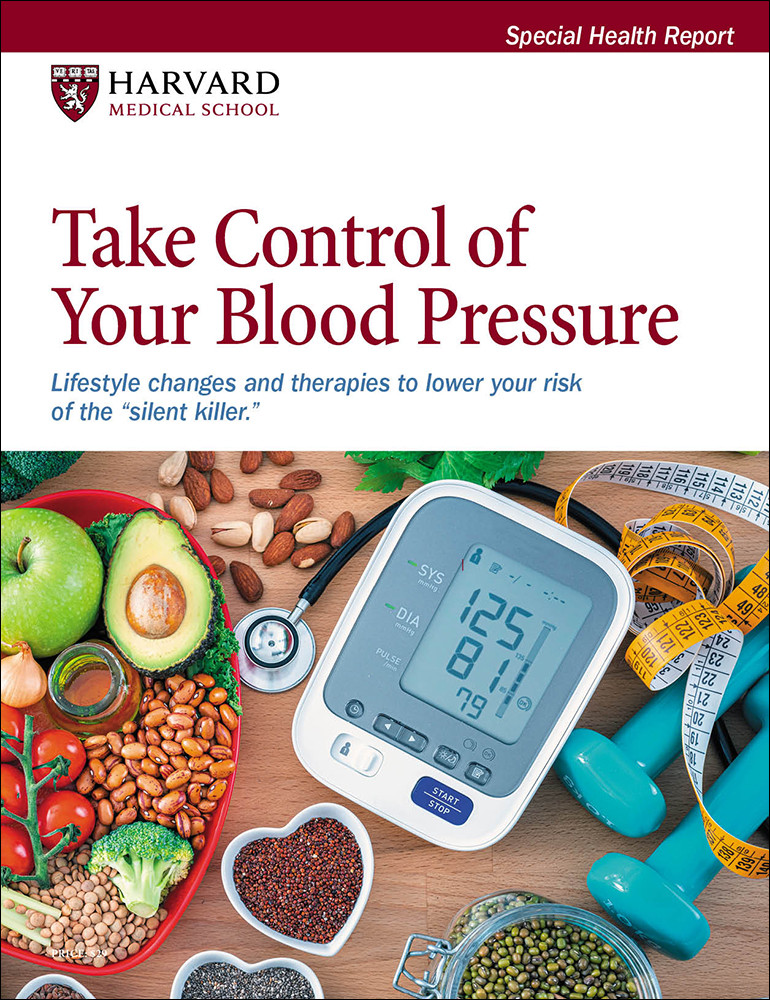Cold plunges: Healthy or harmful for your heart?
The evidence for a benefit is pretty shallow — and a frigid dip could be risky for someone with underlying heart problems.
- Reviewed by Christopher P. Cannon, MD, Editor in Chief, Harvard Heart Letter; Editorial Advisory Board Member, Harvard Health Publishing

If dunking neck-deep in cold water sounds like an invigorating thrill, you might be tempted to try this trend, especially since cold-plunge pools are now found in gyms, wellness resorts, and hotels throughout the United States. Or maybe a natural environment sounds more appealing (see "Cold-water dips in the great outdoors"). The purported health benefits — less stress, better sleep, and enhanced immunity — are all linked to improved cardiovascular health.
However, proof for those claims is shaky. What's more, this shiver-inducing habit isn't advisable for anyone who's had cardiovascular disease — especially people with heart rhythm abnormalities, according to Dr. Prashant Rao, a sports cardiologist at Harvard-affiliated Beth Israel Deaconess Medical Center.
"I'm pretty cautious about recommending cold-water therapy, especially because the reasons for doing it can be much better served with other interventions, such as exercise," he says. And while some athletes and serious fitness enthusiasts use cold-water therapy after intense workouts to help reduce soreness and aid recovery, it is not clear that this practice enhances performance, he adds. "In fact, the little evidence we have suggests that post-exercise cold therapy may have detrimental effects on gains in muscle power and strength," says Dr. Rao.
Cold-water dips in the great outdoorsWe normally think of 70° F as a pleasant temperature. But that's air, not water temperature. Lap swimming pools are usually set between 78° and 82°. For most people, anything under 70° will feel decidedly brisk. Before you go jump in a lake (or other body of water), know what you're getting into. Temperatures in lakes and ponds vary widely; check online national or local resources. Summertime temperatures for the Great Lakes range from the 60s to the upper 70s. That's balmy compared with the water at most polar bear plunges, which are a New Year's Day custom in many communities across the country. At the one in Boston Harbor (a tradition since 1904), the water temperature hovers around 42°. |
Possible benefits
Cold-water therapy may temporarily lower stress, improve sleep quality, and slightly enhance quality of life, according to an analysis of 11 studies published Jan. 29, 2025, in PLOS One. But there was little evidence to support improvements in mood or immunity. In 10 of the studies, people immersed themselves at least chest deep in water that was 59° F or lower from three to 20 minutes. The other involved taking cold showers lasting 30 to 90 seconds for a month.
A 2024 review in the Journal of Thermal Biology focused on the cardiovascular effects of cold exposure in healthy people. The authors examined 24 studies that tested either cold-water immersion or cryostimulation, which exposes people to extremely cold (andminus;58° F) air for several minutes.
As they conclude, cold exposure appears to enhance parasympathetic activity — the part of your autonomic nervous system activity that promotes the "rest and recovery" response. This benefit was mostly driven by improvements in heart rate variability (HRV), a measure of the variation in time between heartbeats. Higher variability reflects the heart's ability to respond quickly to rapid changes in the environment and has been linked to better heart health. However, HRV is measured in milliseconds, so it's extremely difficult to measure accurately. And improvements in HRV have not consistently shown any connection with better cardiovascular outcomes, says Dr. Rao.
There's no consensus about the best temperature, timing, or duration of cold plunges, which may hinder our ability to completely understand the potential benefits, he adds. But for now, don't count on reaping any heart-related advantages.
Cold-water cautions
While the aftermath of a cold plunge may feel relaxing, the initial shock of chilly water hitting your skin has the opposite reaction, triggering the "fight or flight" response of the sympathetic nervous system. "That sends powerful neurotransmitters like adrenaline and norepinephrine into your bloodstream, which speeds up your heart rate and blood pressure," says Dr. Rao. Blood vessels supplying the skin narrow, which conserves heat but shifts even more blood to the chest, taxing the heart.
Extra adrenaline can also disrupt the heart's steady rhythm. While this usually isn't a problem in someone with a healthy heart, anyone with a heart rhythm disorder such as atrial fibrillation should avoid cold plunges. The same goes for people with circulation problems, such as peripheral artery disease (narrowed arteries in the legs or arms) or Raynaud's syndrome, a condition defined by cold-induced narrowing of the arteries in fingers and toes.
Image: © T. Nicolai/Getty Images
About the Author

Julie Corliss, Executive Editor, Harvard Heart Letter
About the Reviewer

Christopher P. Cannon, MD, Editor in Chief, Harvard Heart Letter; Editorial Advisory Board Member, Harvard Health Publishing
Disclaimer:
As a service to our readers, Harvard Health Publishing provides access to our library of archived content. Please note the date of last review or update on all articles.
No content on this site, regardless of date, should ever be used as a substitute for direct medical advice from your doctor or other qualified clinician.
















